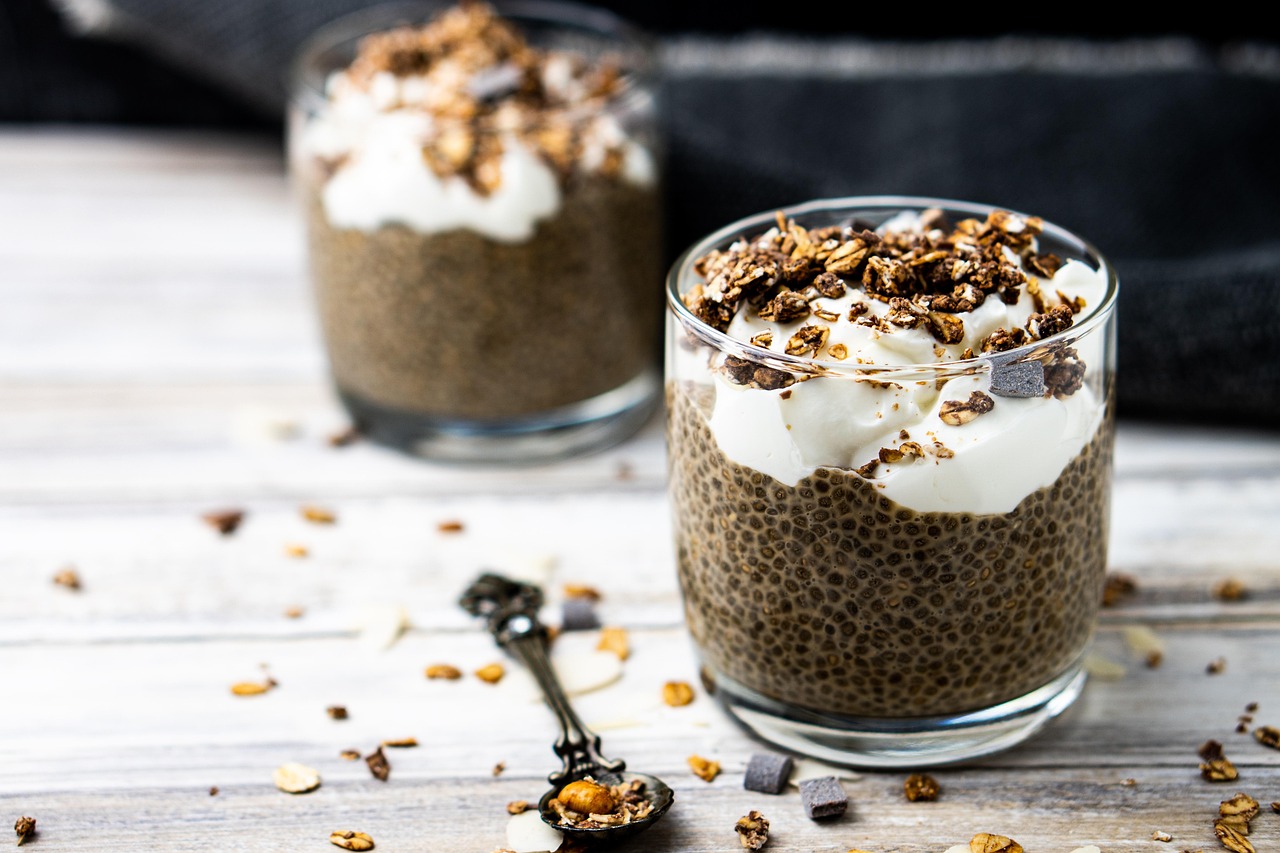Every few months, wellness culture drops a new ritual that promises to solve your fatigue, sharpen your focus, and calm your nerves—all with a quick sip. The latest? The so-called cortisol cocktail. It looks like something you’d drink after a sweaty training session: orange juice, coconut water, a pinch of salt, maybe some magnesium powder if you’re feeling “biohacker-ish.”
The “cortisol cocktail” didn’t come out of sports labs or journals—it was born on TikTok and Instagram, pitched by functional nutritionists and amplified by wellness influencers calling it “adrenal healing.” From there it spread into blogs, podcasts, and even some performance circles. The people mixing it up? Stressed-out execs, burned-out parents, and the clean-living crowd looking for a ritual that feels like medicine but drinks like Gatorade.
The pitch is seductive: lower your stress hormone, heal your “adrenals,” feel more alive. But here’s the reality: cortisol is not your enemy, and a juice-box-level sugar bomb won’t rewrite your biology.
So does this cortisol cocktail work? Maybe—for people under-eating salt, chronically low in potassium, or spiking cortisol from poor sleep. But for most people, it’s a distraction. The better approach is stacking real cortisol-control protocols: proper exercise, nutrients and vitamins without the sugar bomb, targeted recovery, and not relying on energy drinks for “Red Bull Wings🪽.”
In other words: don’t chase hacks. Build systems.
Cortisol Is Not the Villain
You need cortisol. It’s the hormone that gets you out of bed with energy, primes your body for focus, and mobilizes fuel when life demands intensity. Without it, you’re not functional—you’re flatlined.
The problem isn’t cortisol itself. The problem is mismanagement of your daily rhythm. Too much stress, poor sleep, overtraining, under-recovery—this is what distorts the cycle and leaves you wired at night, exhausted in the morning, and fogged up through the day.
A “cocktail” won’t solve that. Systems will.
Your Cortisol Control Guide
Is the cortisol cocktail just a sugar bomb? Not entirely, it has orange juice and coconut water, which give you electrolytes and a few vitamins—but the sugar content (around 16 grams per serving) spikes insulin and gives your body a quick hit of energy, not a reset. Compared to a soda, it’s marginally better because you get some potassium and vitamin C, but it’s still a blood sugar rollercoaster disguised as a “stress hack.”
Forget quick fixes. If you want real, tactical control of cortisol, do this:
- Master Your Body Clock
- Morning: Cortisol should rise when you wake, not mid-afternoon. Get sunlight on your eyes, move your body, and eat protein to kickstart metabolism and focus. This isn’t ritual—it’s biology. Start your day like your performance depends on it, because it does.
- Day: Keep your energy steady. Strategic activity and timed breaks maintain rhythm, avoid caffeine spikes that throw cortisol off, and prevent crashes that derail productivity.
- Evening: Lower lights, cut stimulants, and slow intensity. Signal to your body it’s time to downshift. A proper wind-down protects sleep, resets cortisol, and ensures you recover fully for tomorrow.
- Morning: Cortisol should rise when you wake, not mid-afternoon. Get sunlight on your eyes, move your body, and eat protein to kickstart metabolism and focus. This isn’t ritual—it’s biology. Start your day like your performance depends on it, because it does.
- Train, Then Recover Like a Pro
- Intense workouts spike cortisol—that’s the point. The key is pairing that stress with smart recovery: start with a quick warm-up and dynamic stretching, push hard, then finish with a hot shower to relax muscles. If soreness or minor injuries linger, add techniques that release tension, ease soreness, and restore movement. This is how top athletes structure their sessions—prepare, push, reset. Short, tactical, and effective.
- Intense workouts spike cortisol—that’s the point. The key is pairing that stress with smart recovery: start with a quick warm-up and dynamic stretching, push hard, then finish with a hot shower to relax muscles. If soreness or minor injuries linger, add techniques that release tension, ease soreness, and restore movement. This is how top athletes structure their sessions—prepare, push, reset. Short, tactical, and effective.
- Eat Like Your System Depends On It
- Skip the sugar-laden “cortisol cocktail.” A better move: low-sugar vegetable juice. Spinach, cucumber, celery, and kale are rich in potassium, magnesium, and phytonutrients—key players in regulating your stress response. Brands like Suja, Pressed Juicery, or a fresh cold-pressed blend at home give you concentrated nutrients without the insulin spike. Stable blood sugar, targeted electrolytes, and real micronutrients—this is how you support cortisol, energy, and focus without the crash.
- Micro-Reset Daily
- You don’t need an hour of meditation. Two minutes of movement, a brisk walk outside, a quick mobility drill, or a few bodyweight exercises is enough to reset your stress response mid-day. Even simple tools like cold water on your face or 20 seconds of wall squats can trigger a reset—short, tactical, and effective.
- You don’t need an hour of meditation. Two minutes of movement, a brisk walk outside, a quick mobility drill, or a few bodyweight exercises is enough to reset your stress response mid-day. Even simple tools like cold water on your face or 20 seconds of wall squats can trigger a reset—short, tactical, and effective.
- Stop Buying Into “Adrenal Fatigue”
- Not a real medical diagnosis. If you’re dragging, it’s not your glands failing—it’s your lifestyle strategy.
- Not a real medical diagnosis. If you’re dragging, it’s not your glands failing—it’s your lifestyle strategy.
Bottom Line
The cortisol cocktail didn’t go viral because it works—it went viral because it looks good on a feed. Influencers and wellness pages push it for clicks, views, and shares, not for your biology. Doctors and researchers agree: a sugar-heavy drink won’t reset your stress or regulate hormones. Real cortisol control comes from structured sleep, exercise, recovery, and nutrition—strategies that aren’t glamorous, but they actually work. So can a drink really fix stress? Not on its own. The cocktail is a snack for your ego, not a solution for your body.


